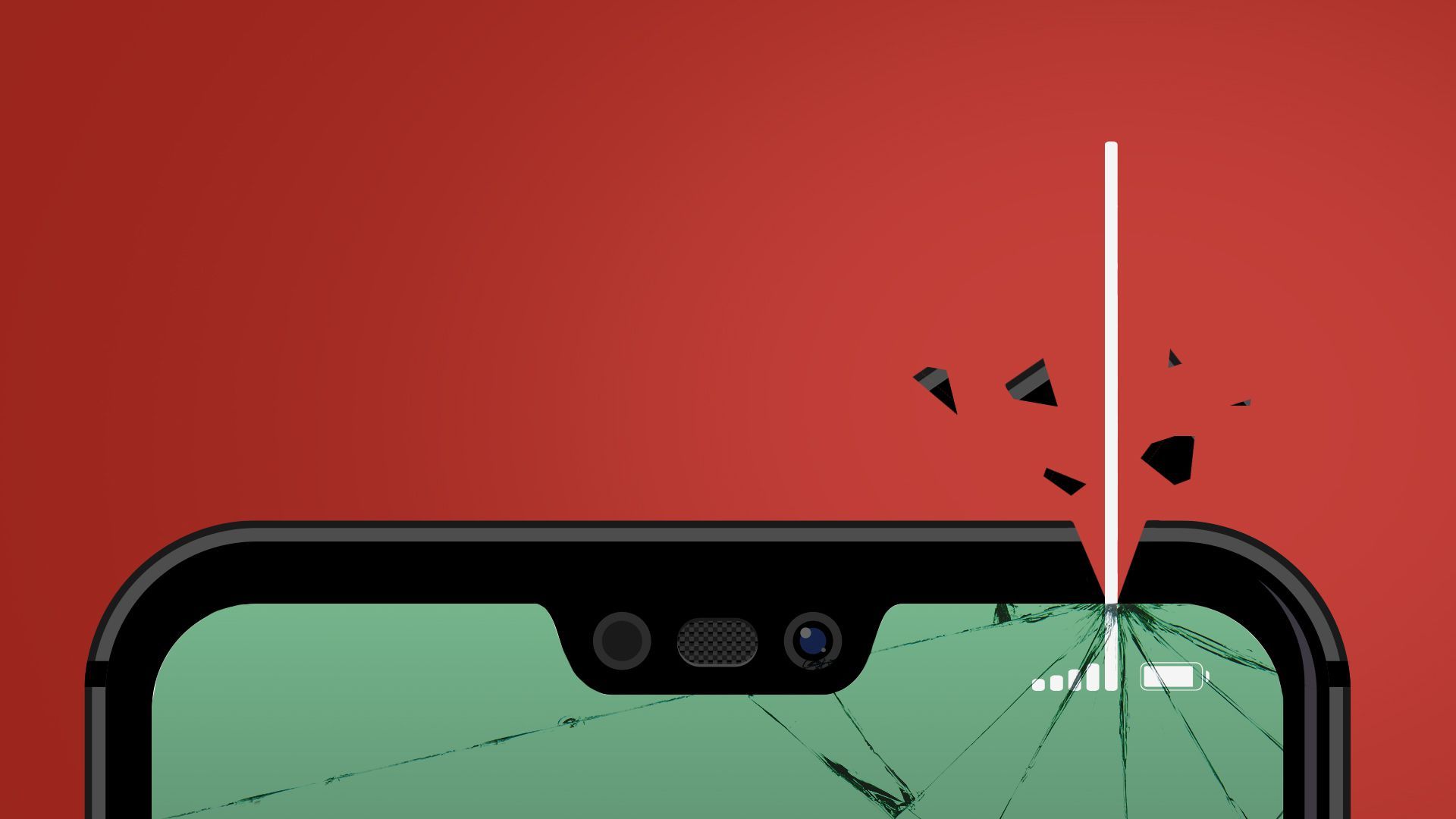First look: A different 5G business model
Add Axios as your preferred source to
see more of our stories on Google.

Illustration: Aïda Amer/Axios
An Alphabet-backed company wants to rethink how 5G services are delivered to ensure communities don't fall into a wireless digital divide.
Why it matters: The internet has become necessary infrastructure during the pandemic, but ubiquitous 5G service has been slow to fully develop in the U.S.
Driving the news: Sidewalk Infrastructure Partners (SIP) said Tuesday it will invest $100 million to both acquire wireless infrastructure company Dense Air and use its small cell technology to build a "borderless classroom."
- SIP, which was spun out of Google-parent Alphabet, intends to work with an as yet unnamed city to build a private wireless network for a school district so students can connect to the same network whether they're in the classroom, on the school bus or at home, SIP co-CEO Jonathan Winer told Axios.
- "The idea behind it would be to create a single wireless network that would be administered actually by the school district itself —they could set how often the kids would use it, what they could see," Winer said.
The big picture: Given the capital-intensive process of building better, faster internet networks, new companies are looking to rethink the business model for internet access.
- Community infrastructure company Underline began building its first open-access fiber network in Colorado earlier this year, with the goal of operating a fiber network that multiple service providers use to offer high-speed internet to customers.
How it works: Building ultra-fast 5G networks in cities involves deploying equipment known as small cells to densify wireless networks, as opposed to the large towers that covered wide swaths of areas in earlier wireless evolutions.
- Instead of companies each deploying their own equipment, which can take thousands of cells, SIP envisions changing that model, where they or municipalities share the Dense Air small cells to extend networks to underserved areas.
- For example, rather than deploying three different small cells from three carriers over and over, a city might say, "couldn't we build a small number of total small cells but include a bunch of communities that don't have access to wireless?" Winer said.
Reality check: While wireless companies have come around to sharing space on the same big towers, they will likely be reluctant to share network equipment in this way.
- And carriers already are deploying small cells that are serving a huge number of wireless customers.
- Winer acknowledged the potential hesitation, but said cable companies that want to get into the wireless space, or cities that want their own networks, are more likely customers.
Of note: Google, and parent company Alphabet, have a long history of pushing alternatives to the traditional provision of internet and telecom services, from backing municipal WiFi efforts to establishing Google Fi and Google Fiber.
Yes, but: It's not clear if these new types of models of sharing fiber or small cell networks to extend broadband access will succeed.
- New Street Research advisor Blair Levin, a former FCC official, said the models generally involve delivering a similar service, and it's not apparent there's a cost structure advantage.
- "If it works, it's huge, but the odds of it working out are not high," Levin told Axios.
State of play: The major wireless carriers have rolled out 5G deployments over the past few years despite the pandemic, but as Axios' Ina Fried has noted, the full impact of faster speeds and new uses has yet to be felt.
What they're saying: Winer said Dense Air's first U.S. project will be a pilot with a municipality willing to be a "co-creator" and work with the company as it navigates this new model.
- "Like all our projects at SIP, it's about taking technology that we think can have a huge impact and proving it out," Winer said. "And the only way you can figure this out is you're going to put it in the field to see what you can deliver."
